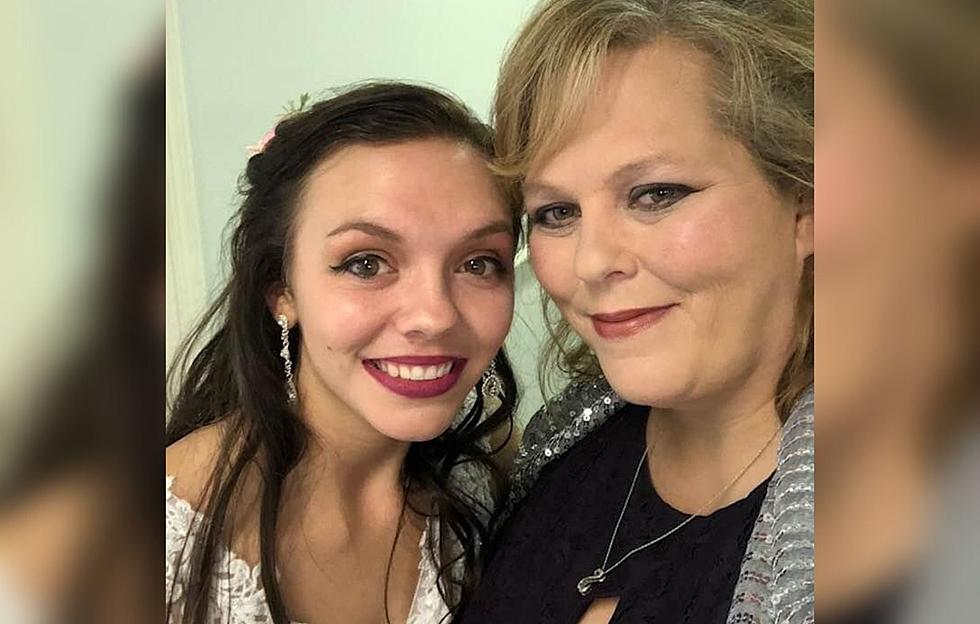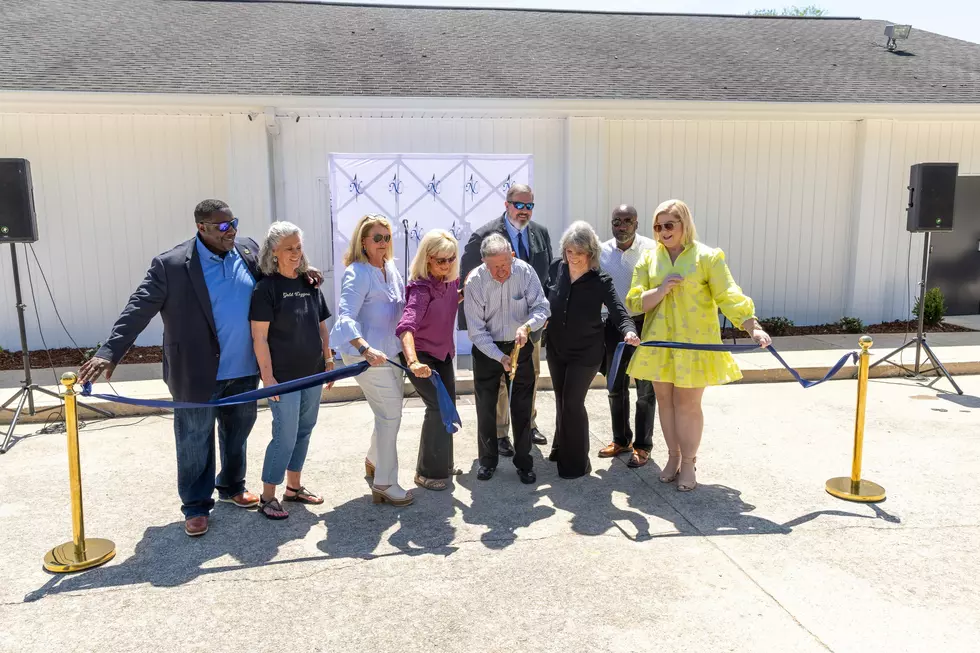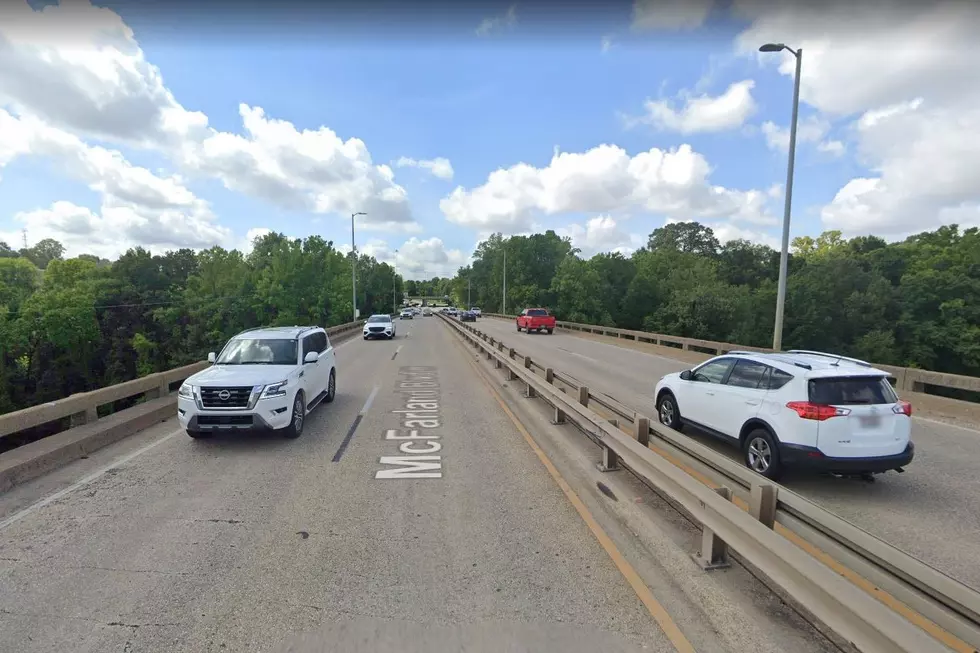
Northport Woman Cites “Christmas Miracle” Overcoming Lengthy Battle with COVID-19
A Northport woman is happy to be alive after a truly miraculous medical recovery. Tracy Bean, 48, overcame an over three-month-long battle with COVID-19 just in time to celebrate this holiday season with her family.
The long and hard-fought battle all started this July. Bean, who was not vaccinated at the time, caught the Delta variant along with her husband and daughter, Haley Thomas, who lives next door to her mother, as the virus had another surge throughout the country. Despite being careful since the start of the pandemic, taking precaution to wear a mask and avoid crowds, Bean suffered seriously from the virus.
While the others in her life soon recovered, Bean developed pneumonia and had to be admitted to DCH Regional Medical Center as her oxygen levels dropped to 78 percent. During her time at the hospital, she was packed in ice to bring down dangerously high fevers, she suffered cardiac arrest, and she was placed on the ventilator.
She had no recollection of those events, while for her family those were some of the longest, most stressful nights of their lives.
“I thought I was getting better,” Bean said. “I could get out of bed, go the bathroom, eat, feed myself. The next thing I knew, I was waking up on a breathing machine. I had lost three months.”
“This was a very severe case, a critical case of COVID,” said Dr. Fabian Salinas, the pulmonologist who supervised Bean’s care throughout her illness. “In the second wave, we were seeing a lot of younger, sicker patients, and it seemed to be more lethal and aggressive.”
At one point, as Bean continued to struggle, her doctor at DCH attempted to get her transferred to an ECMO facility for treatment with a heart/lung bypass machine that DCH does not have, which may have boosted her chances for survival. Due to her specific condition, she was ruled out as a candidate for the treatment.
In late September, Bean was transferred to Noland Hospital Tuscaloosa, the long-term acute care facility in DCH. She remained in critical condition and was still breathing 100 percent oxygen on a ventilator. The doctors at the facility admitted that Bean's condition was one of the more severe cases they were facing at the time.
“We definitely had to make some adjustments because of the severity of her condition,” said Cassie Clark, Director of Clinical Services for Noland Health Services.
After a month of dedicated and consistent care, Bean had recovered enough to start breathing on her own. Family celebrated her finally coming back around, without seeming to skip a beat, as Dr. Salinas explains.
“She went through this ordeal, and she came out with her brain intact," he said.
Bean was eventually healthy enough to have the ventilator tubes removed. Although doctors and nurses warned her it might take some time before she'd be able to speak, words immediately started flowing, as she spoke to her mother standing by her bedside: "Hey mama. I love you mama, and I've missed you."
She proceeded to call Thomas and her son to share the good news. Thomas said she was was elated to hear her mother's voice, which she hadn't heard in months.
Bean woke up and received the news she'd waited her whole life to hear: her daughter was expecting her first baby, and Bean was about to become a grandmother.
“My kids have always been my life, my number one priority. But I wanted grandkids before I ever had kids,” Bean said. “I think God was saying, ‘I’m giving you the grandbaby you always wanted.'"
The prospect of becoming a grandmother come June of next year is what motivates Bean as she continues her slow physical recovery at Glen Haven Health and Rehabilitation, where she has been since the end of November.
Bean has since been vaccinated and is still regaining a lot of her physical strength, enough to eventually be able to walk on her own again. But doctors and family alike say her recovery is something truly remarkable.
“It’s definitely a miracle,” Thomas said. “She is a survivor and nothing short of a miracle.”
“I should have been gone months ago; the doctors keep telling me that,” Bean said. “I’m extremely grateful and blessed that God kept me here.”
Dr. Salinas gives credit for Bean’s survival to the whole team at DCH and Noland. She wanted to thank the entire team that helped her throughout her entire journey.
“In the view of many, they think a university hospital would have been the place for her,” he said. “But she found her survival here. We’re so proud that we helped pull her through.”
Bean will now spend Christmas Day at her mother's house with her husband, her adult children, her siblings and the rest of her extended family. She most looks forward to eating her mother's special tomato gravy, an annual tradition that she only gets to experience at Christmas breakfast.
Answers to 25 common COVID-19 vaccine questions
Alabama COVID-19 Vaccine Breakdown (June 2021)
From Wuhan to New York City: A Timeline of COVID-19's Spread
More From Tuscaloosa Thread









